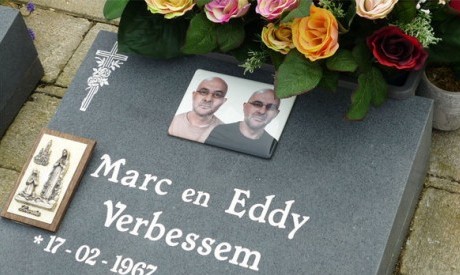The ideology of absolute self-determination has become sacred and unquestionable.
In 2002, Belgium became the second country in the world after its neighbour, The Netherlands, to legalise euthanasia. Over the next decade our country has become a living laboratory for radical social change. With many other countries debating legalisation at the moment, now is a good moment to stand back and take a good long look at the results.
In 2002 Belgium was governed by a coalition of Liberals and Social Democrats. The slightly more conservative Christian Democrats had been excluded. With blue as the colour of the Liberals and red of the left-leaning Social Democrats, the press dubbed it the Purple coalition.
The Christian Democrats took a dim view of euthanasia, but they were in opposition. The Purple coalition was free to pass an euthanasia law based on the view that an individual should always have a “free choice” to end his life. In absolutizing individual self-determination the left and the right found common ground.
The law states that doctors can help patients to die when they freely express a wish to die because they are suffering intractable and unbearable pain. The patient needs to consult a second independent doctor; for non-terminal illnesses an independent psychiatrist must approve. In practice, however, this independence is irrelevant. Belgium is a small country and compliant doctors are easy to find.
A string of recent cases leaves no doubt that the euthanasia law has fundamentally and drastically changed Belgian society. Last year 45-year-old deaf identical twin brothers who couldn’t bear the thought of going blind were granted euthanasia. Doctors granted their request because they “had nothing to live for” anyway. According to the doctor who gave the lethal injection it was not “such a big deal”. Continue reading
Sources
- MercatorNet
- Image: CBC News World
News category: Features.




